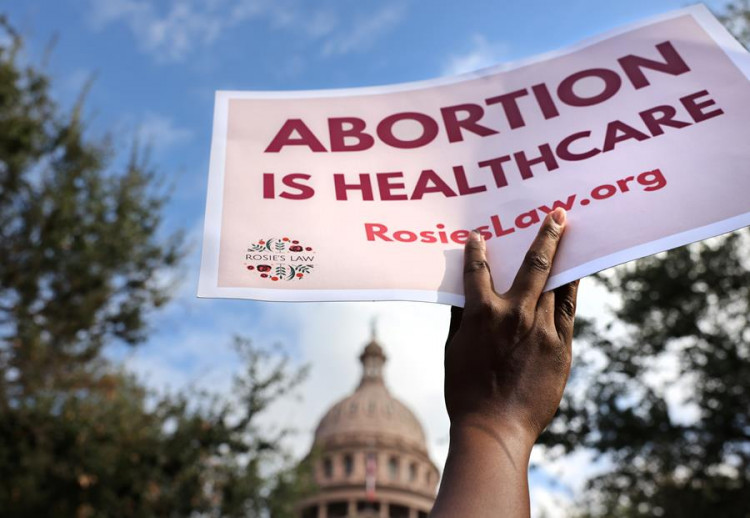In a significant ruling that has intensified the debate around reproductive rights, the Georgia State Supreme Court upheld the state's six-week abortion ban. This decision reverses a lower court's ruling that voided certain sections of the LIFE Act, which was enacted prior to the US Supreme Court's landmark Dobbs decision. The Dobbs ruling, made a year ago, overturned the federal right to an abortion under the historic Roe v. Wade.
The LIFE Act in Georgia bans abortions, with a few exceptions, when early cardiac activity is detected. This can be as early as six weeks into a pregnancy, a period when many women may not even be aware that they are pregnant. The court's decision stated, "the trial court erred in relying on overruled decisions of the United States Supreme Court to conclude that portions of the LIFE Act violated the United States Constitution when enacted in 2019. The same United States Constitution governs today as when the LIFE Act was enacted, and Georgia courts are required to look to the United States Supreme Court's now-controlling interpretation of the United States Constitution when determining whether a statutory law violates that Constitution."
Georgia Attorney General Chris Carr expressed satisfaction with the ruling, stating, "We are pleased with the court's decision and will continue to defend the constitutionality of Georgia's LIFE Act."
However, the decision has been met with strong reactions from both sides of the debate. Monica Simpson, the executive director of SisterSong Women of Color Reproductive Justice Collective, a plaintiff in the case, expressed her disappointment, saying, "Today's devastating decision means that our people will continue to face the horrible reality that they are in today where Georgians are suffering because they cannot access abortion care. This abortion ban has forced Georgians to travel across state lines at great expense or continue the life-altering consequences of pregnancy and childbirth against their wills."
On the other hand, Lauren Eden, the Georgia advocate for the Abortion Survivors network, conveyed her elation to CNN, stating, "I am thrilled. It's going to protect so many innocent lives like mine. This will not only protect the lives of unborn babies but also the lives of the mothers who we know suffer so much pain after an abortion procedure."
The Georgia House Democrats released a statement condemning the decision, emphasizing that it leaves in place a "deadly restriction on reproductive rights" and criminalizes doctors who aim to provide essential healthcare to patients across the state.
While the Georgia State Supreme Court upheld the ban, it did not provide a ruling on another challenge by the plaintiffs, which argued that the ban "violates the due-process, equal-protection, and/or inherent-rights provisions of the Georgia Constitution." Instead, the case has been remanded back to the trial court for a decision.
The debate around abortion rights has been a contentious issue in the U.S. for decades, and this latest ruling in Georgia is sure to fuel further discussions and potential legal challenges in the future.




